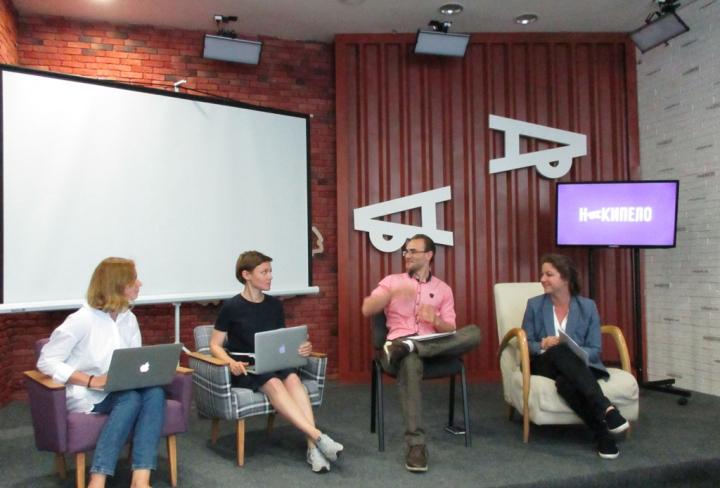ICDS Report Presented at Electronic Warfare & Military Cyber Live 2017
On 25 September, the ICDS report “Russia’s Electronic Warfare Capabilities to 2025: Challenging NATO in Electromagnetic Spectrum” was presented at the international symposium taking place at the Aviation College in Tartu, Estonia.
Read more













